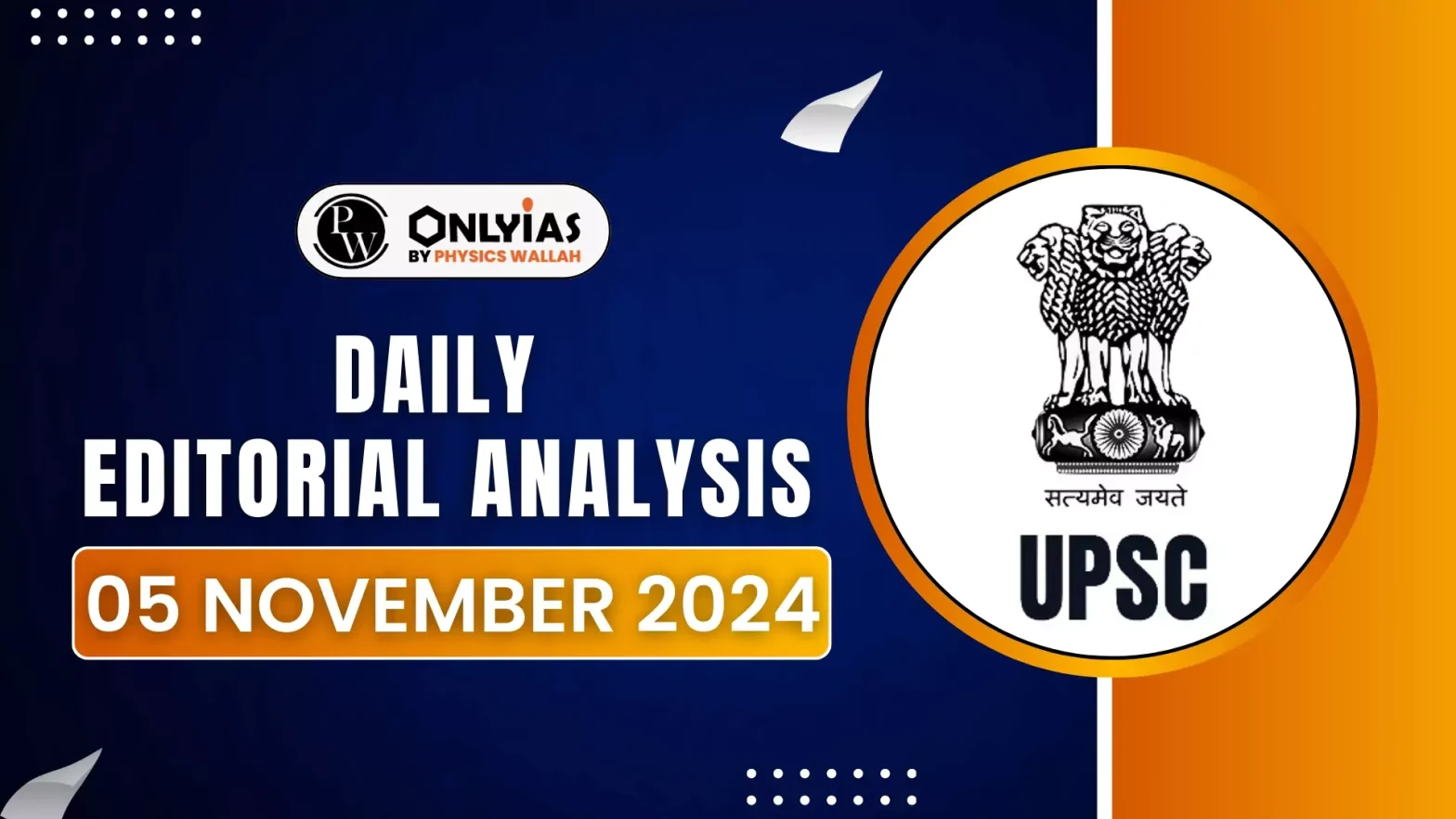Technology and online platforms are increasingly endangering women’s safety and dignity in political arenas, as seen in Kamala Harris’s recent campaign, which was undermined by AI-generated deepfakes and targeted disinformation.
AI-Driven Harassment: The Rising Threat of Deepfakes Against Women in Politics
- Following Kamala Harris’s endorsement as the Democratic Party nominee, she became the target of AI-generated deepfakes and misinformation.
- These attacks distorted her character, using manipulated videos to spread false statements about her capabilities and integrity.
- Harris’s experiences reflect a systemic issue where women in politics, such as Nikki Haley and Giorgia Meloni, face similar targeted harassment through manipulated images and derogatory memes.
- This illustrates the pervasive and detrimental nature of online abuse against women.
Enroll now for UPSC Online Classes
Understanding Deepfakes
- Deepfakes are synthetic media, typically videos or images, created using advanced artificial intelligence techniques, particularly deep learning.
- They manipulate visuals or audio to make it appear as though someone is saying or doing something they never actually did.
- By employing large datasets of a target’s images, videos, or voice recordings, AI algorithms can generate highly realistic content that is often indistinguishable from genuine footage.
The Challenges Posed by AI and Online Platforms
1. The Failure of Big Tech
- Social media platforms have failed to adequately control the spread of degrading and harmful content targeted at women.
- They often evade accountability under “safe harbor” protections, which shield them from liability for user-generated content.
- This immunity raises serious concerns about their true commitment to user safety, as seen when prominent figures, like Elon Musk, disseminate doctored images for entertainment, setting a harmful precedent.
2. Bias in AI Development
- Despite being promoted as tools for empowerment, AI technologies frequently reflect societal biases, such as patriarchy.
- Built on datasets infused with these biases, AI can inadvertently amplify gender stereotypes, transforming technology into a channel for discrimination rather than liberation.
3. Disproportionate Impact on Women
- Online harassment disproportionately affects women, manifesting in forms of sexual objectification, body shaming, and derogatory attacks.
- This abuse significantly impacts women’s mental health and discourages their engagement in public life, ultimately silencing voices and reducing female representation in online spaces.
4. Lack of Female Representation in AI Development
- Limited female representation in tech and AI development hinders the creation of inclusive systems.
- The absence of diverse perspectives perpetuates biases, making it difficult for AI systems to effectively challenge discrimination.
Check Out UPSC NCERT Textbooks From PW Store
5. Women Withdrawing from Online Platforms
- Persistent harassment and the lack of effective safeguards lead many women to delete social media accounts or withdraw from online platforms entirely, further restricting their voices and opportunities in digital spaces.
Way Forward
- Proactive Measures by Tech Companies: This includes investing in robust content moderation and safety features to protect users effectively.
- Recognizing that dedicated safety researchers and moderation teams are essentials, not liabilities, is crucial for fostering a safe online environment.
- Urgency in Content Review: Content flagged as abusive or explicit should be reviewed within set time limits to prevent further harm.
- Encouraging Legal Action: Public figures like Giorgia Meloni, who sought damages for online abuse, exemplify how legal action can drive accountability.
- Campaigns that spotlight misogyny and advocate for accountability can foster social change and deter future abuse.
- Diversity in Tech Leadership: Increasing the number of women in decision-making roles within tech companies is vital.
- Diverse leadership can bring nuanced perspectives necessary for developing technology that respects and protects the safety and dignity of all users.
- Addressing Gender Bias in AI: Researchers must rigorously assess AI systems for gender neutrality and actively work to eliminate biases.
- Policy Interventions and Accountability: Governments should create regulations that hold tech companies accountable.
- Stronger penalties, platform suspensions, and mandatory labeling of AI-generated content are potential solutions.
- Simulation exercises should also be conducted to preemptively identify biases in AI systems.
Conclusion
The digital harassment of women through AI technologies demands immediate action from tech companies, governments, and society. Ensuring that AI systems are free from gender biases is essential not only for women’s empowerment but also for upholding democratic principles and human dignity.
![]() 5 Nov 2024
5 Nov 2024
